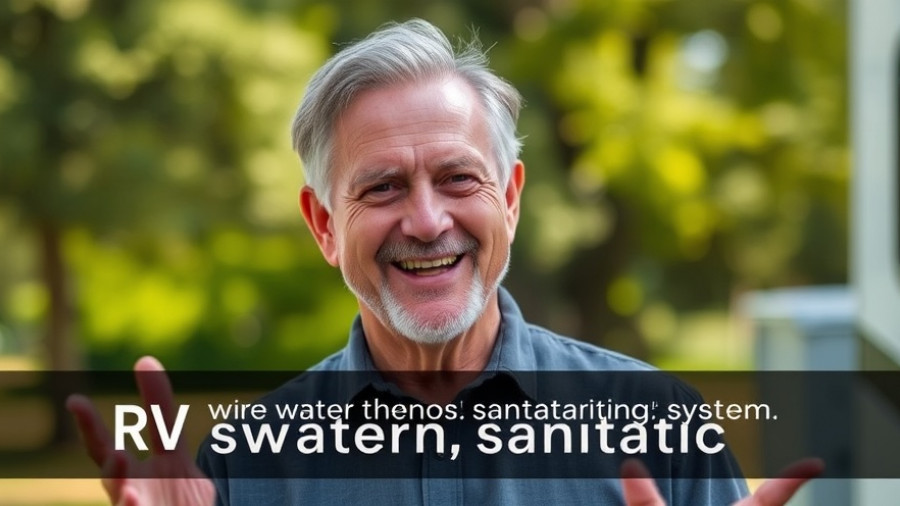
Embracing the RV Adventure: Why We're Not Completely Sold on This Class C
As avid RVers, it's easy to fall in love with the allure of traveling the open road, especially when it comes to the freedom of boondocking. However, after many miles and adventures, we find ourselves reflecting on the pros and cons of our latest setup—a Class C RV compared to our trusty Brinkley RV with its much-lauded solar system. In a recent video, we explored this notion, diving into our new equipment and the challenges we've been facing while embracing this lifestyle.
In We DON’T Like RVing Like This…Take Us Back!, we discuss our challenges with our Class C RV setup and offer insights on improving our off-grid adventures.
Hitting the Road: Assessing Class C Limitations
Our journey began with excitement but was soon met with an unexpected hurdle: limited battery capacity. On several occasions, we found ourselves arriving at our destinations with insufficient battery power. This was particularly frustrating considering we often run our air conditioning while traveling, draining our already limited battery life. A Class C might be convenient for maneuvering, but we quickly learned that it may not be the ideal choice for extended off-grid adventures.
The Solar System Dilemma: What Went Wrong?
As we analyzed our setup, we realized we could significantly benefit from a better charging system. Enter the DC to DC charger, a game-changing component designed to harness the power generated by our vehicle's alternator while driving. Our endeavor involves installing this charger to ensure our batteries get a proper boost during travel, maintaining their charge even during long stretches on the road. Although we initially faced setbacks with our setup, we believe this addition can transform the way we experience life on the road.
A Closer Look at the DC to DC Charger
Personally navigating the complexities of electrical systems isn’t everyone's cup of tea. Nevertheless, learning about the DC to DC charger has been an enlightening experience. Having directly communicated with E Trailer, we bypassed extensive research and entrusted their expertise to recommend the right model for our needs. This collaborative approach is a great reminder that sometimes, seeking help can be just what we need to simplify our experiences and move forward with confidence.
The Link Between Adventure and Charging Power
As RVers, real adventure awaits when we venture off the grid. However, our experience has highlighted the necessity of reliable power sources—especially when out exploring the beauty of nature. To ensure our continued freedom, we also installed a temperature monitor connected to our batteries, ensuring their longevity and efficiency. The right tools and equipment help us navigate the wild in comfort and safety.
Embarking on the Next Chapter: Testing Our Innovations
With our systems installed and operational, we set out to test them under live conditions. After charging at a campground, we were determined to go four days straight without plugging into a generator. This rigorous testing not only imbues a sense of accomplishment, but it aligns perfectly with our philosophy of self-sufficiency on the road—each adventure a bold step into the unknown.
Local Insights: Excursions Along Route 66
Traveling along historic Route 66 has brought us immense joy as we uncover hidden gems and attractions. One cannot forget about the beauty surrounding the Petrified Forest and whimsical corners like Winslow, Arizona. These experiences remind us that while our RVing journey may have its hurdles, they pale in comparison to the joy of exploration and discovery.
Final Thoughts: A Journey Towards Continuous Improvement
This adventure is a testament to the fact that the RV lifestyle is rife with learning opportunities. Yes, there have been bumps along the road—literally and figuratively—but each obstacle presents a learning moment, sparking excitement for future travels. As we embrace new technologies and solutions, we’re reminded that the journey is as important as the destination.
On that note, young RVers looking to explore the great outdoors should take a moment to discover more about the vast world of RV living and resources available to them. Please take a few moments to check out @wildrvlife for a treasure trove of tips and engaging content that can enhance your own RV adventure.
 Add Row
Add Row  Add
Add 




Write A Comment